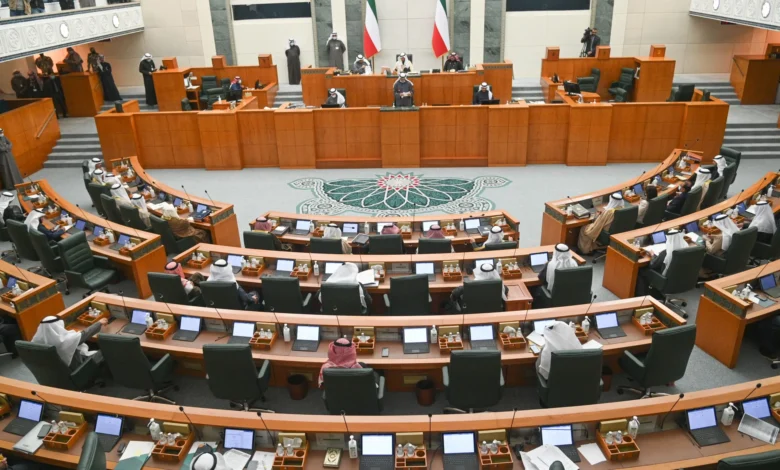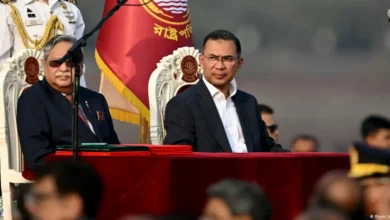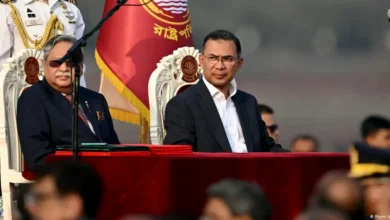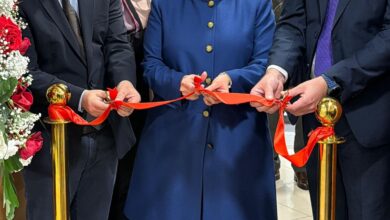Kuwaiti women activists highlight reasons for decline in female presence in parliament

Although nearly 15 years have passed since the first four Kuwaiti women won seats in the National Assembly in 2009 and with the increased participation of Kuwaiti women in various domains, there remains to be questions about the reasons behind the decline in the female representation in the parliament in recent years.
Two Kuwaiti female activists in public affairs told KUNA that the decline in womeni’s representation in the National Assembly since 2012 is due to many reasons, mainly their need for more support and to promote a culture of boosting their participation in public affairs and their societal role.
Dr. Seham Al-Fureih, Professor of Literature and Criticism at Kuwait University (KU) said that since Kuwaiti women were granted their political rights on May 16, 2005 to run for election and to vote, the path for women to be members of the National Assembly has become “very weak.” She added that the presence of Kuwaiti women in the National Assembly started strong in 2009 with four women winning seats but has since then declined for many reasons.
“Perhaps the first of which was the lack of support provided to them, in addition to lacking in understanding their active participation in public affairs,” she said, calling for more support to increase their chances of winning in future parliamentary elections.
She continued that some women may be affected by what she described as “the male mentality” and certain way of thinking that requires them to stay away from serving the nation in the political field, calling for a change of such ideologies through media campaigns and promoting public culture.
She also called for building a new vision that highlights positive images of the status of Kuwaiti women and their distinguished role in many domains for Kuwaiti women to move from the world of political isolation into the pinnacle of political practice.
She urged to strengthen society’s belief in women’s participation in building public life in the political field and to deepen women’s self-confidence to perform their duty towards their country, as is the case in other Arab and Islamic countries where women have occupied senior and influential positions.
For her part, political activist and Chairperson of Kuwaiti Womeni’s Hope Society Widad Al-Mishal, attributed the decline in Kuwaiti womeni’s presence in the National Assembly to a number of fundamental reasons, calling on women and relevant institutions to stand up to address them and avoid them radically.
The society, she said, should believe in the need for women’s representation in the National Assembly to give an opportunity to a significant number of qualified women, who have an interest in public affairs, to win.
She called on civil society organizations to appoint qualified and specialized women to their boards of directors, saying Kuwait has a large number of women who have achieved pioneering success in many fields.
She said that the electoral campaigns of female candidates must include clear-cut electoral programs that define problems and lay out adequate solutions for each problem.
She called for avoiding catchy slogans, of which their luster wares off once a woman candidate wins a parliamentary seat.
She also called on the political, social and religious blocs to adopt women who are capable of entering the parliamentary arena, as there is an urgent need for such support and assistance, especially since the success of a female candidate depends greatly on social relations.
She stressed the importance of the financial support that these blocs must provide to those candidates, especially that the election campaigns require huge sums of money that women candidates may not be able to provide.
Source: KUNA











